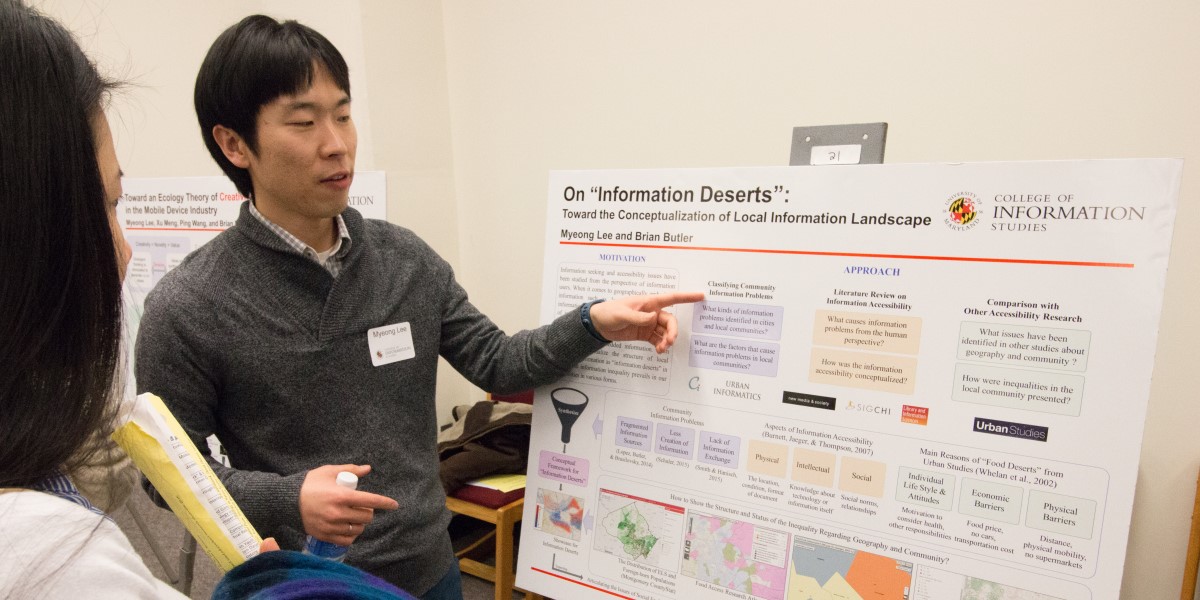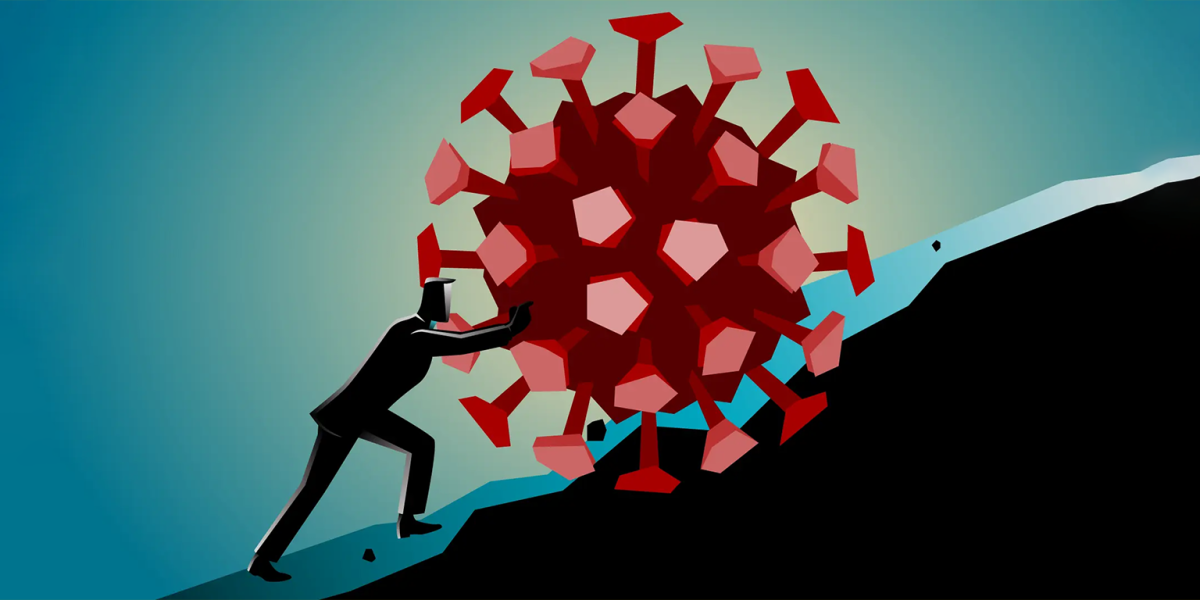Research
Driven by the pursuit of new ideas and big discoveries, faculty, researchers, and students at the UMD College of Information (INFO) are combining principles of information science with cutting-edge technology to foster access to information, improve information interfaces, and expand how information is used. We tackle significant, real-world information challenges from diverse perspectives such as communication, information retrieval, policy, computer science, education, archives, business, human factors, law, humanities, and more. Our discoveries empower, inspire, and connect individuals and communities.
EXPERTISE AREAS RESEARCH GROUPS PROJECTS
50 ACTIVE
RESEARCH GRANTS
$35.8M RESEARCH FUNDING FROM 16+ FUNDERS
11 RESEARCH
CENTERS / LABS / GROUPS
2 ACM FELLOWS AND
15 NSF, IMLS or DARPA CAREER GRANTS
Internal College Research Funding
Internal College Research Funding provides limited financial support to INFO Faculty, Ph.D., and Master’s students who have exhausted all other available funding sources to improve their research efforts. It also supports collaborations in critical research areas through advancing Research Interest Groups. Proposal applications are accepted yearly on January 15th, April 15th, and September 15th. Ph.D. students may also apply for additional research funding under the Doctoral Student Search Award (DSRA). More information about the DSRA and its application process can be found here.

INFO Research News

A lack of access to solid information has bred cynicism, depression and willingness to bend rules among the estimated 400 million people nationwide battling long COVID, according to new UMD research. Illustration by Adobe Stock via Maryland Today.
Maryland Today: COVID ‘Long-Haulers’ Lack Reliable Information, UMD Study Shows
June 18, 2025 | John Tucker | Maryland Today Staff | UMDINFO's Beth St. Jean finds long COVID patients face info gaps, fueling distrust and risky decisions
